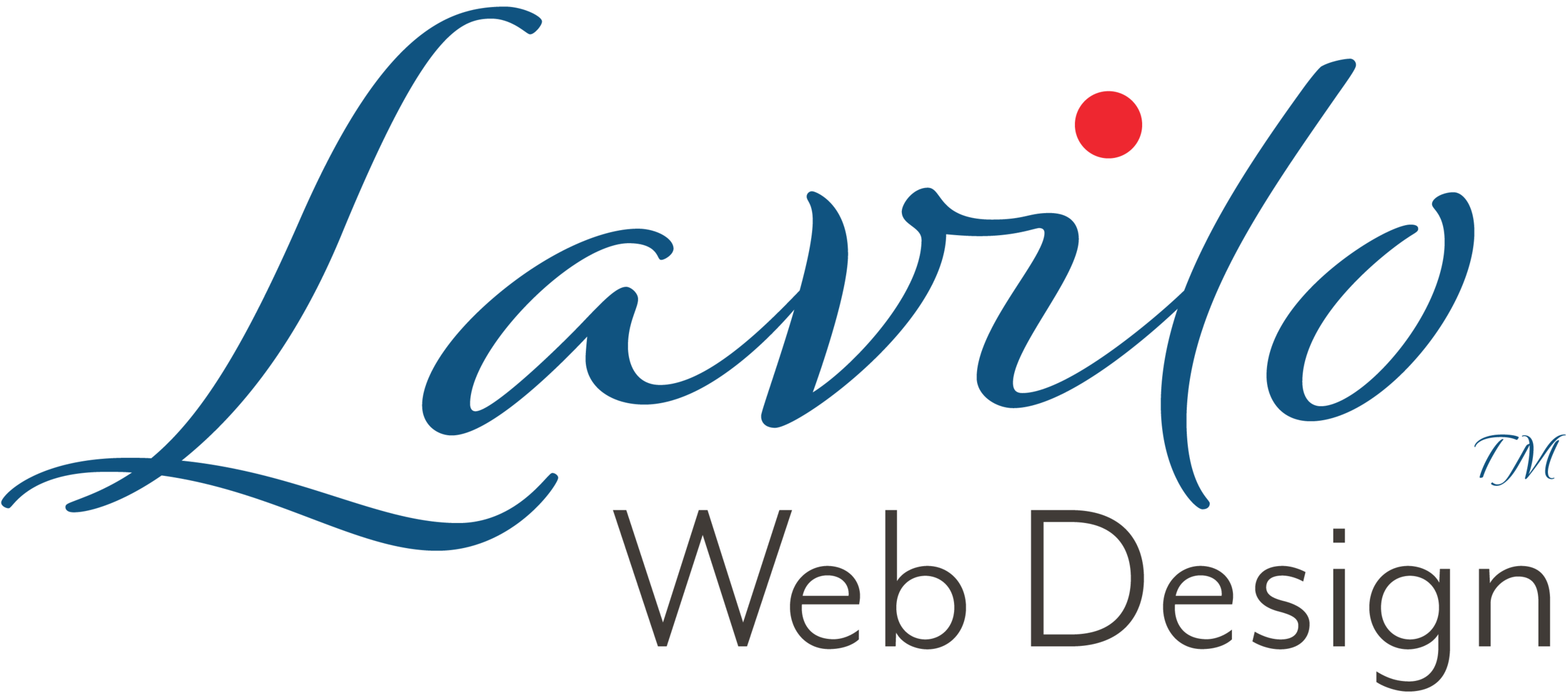Can You Say What Your Business Stands For?
Based on your values and how your products and services improve the lives of your customers, your answer should connect with them emotionally and earn their trust through your actions.
When I do branding workshops with clients, we spend considerable time getting the framework right. We develop a brand compass for their business, work on the brand personality, define the brand promise, and outline the visual and verbal brand identity.
However, the question that will test the coherence of your brand framework the most is a very simple one: Can you say what your business stands for?
If you take more time than a typical elevator ride to explain who your company is and what it stands for, chances are a customer won't understand what you're saying or remember your brand.
This elevator pitch must be less than 15 seconds long and wrap all aspects of what your business represents in a concise and coherent message.
Make Every Word Count
If you have tried it before, you probably know 15 seconds is a very short time. Since every second counts, every word must count. Take your time crafting your message. It can sometimes take several days even for professionals to find the right words to answer succinctly and coherently what your business stands for.
Start With Your Values
Your values are the foundation of your company's culture. They are so fundamental that they are beyond debate. These values often consist of moral, ethical, and philosophical imperatives, principles you won't give up under any circumstances. They are a good starting point for what should be in your answer. But citing your values is not enough; your message must also connect with your customers emotionally.
Connect Emotionally With Your Customers
Emotions are a powerful driver in any business relationship. They are behind many business decisions, customer loyalty, and word-of-mouth marketing. If you want to build and strengthen this emotional bond between your customers and your business, your message should have traits of at least these three characteristics.
Be authentic. Keep in mind your business cannot be everything for everyone. While many business owners simply tell customers what they want to hear, answering what your company stands for is less about what your customers want to hear and more about your priorities, values, and principles. Your customers will then decide if your message resonates with them. I can only recommend being honest, authentic, and truthful. Don't imitate a competitor's brand or assume a role as if you are in a play. Your customers will eventually notice and punish your business for deceiving them by shopping elsewhere. Instead, be confident, believe in your brand's strength, and project your confidence through your words.
▶ Do You Always Mean What You Say?Show empathy. Put yourself in your customer's shoes and look at their challenges and frustrations from where they stand. Feeling their pain is understanding their pain, urgency, and constraints. Once you do, you will connect with your customers in a way you have never done before.
Show That You Care. A crisis can come suddenly and from nowhere. It can be personal or business-related. In these difficult times, be there for your customers, lend moral support, and make them feel you care about them, their family, and their business.
Focus on How Your Products and Services Improve Your Customers' Lives
When answering what your business stands for, imagine how your customers use your products and services and how they help them meet their goals. Your products and services can be existential to your customer's business success or solve a simple problem. Regardless of how your products and services are used in each individual case, focus on how they improve your customers' lives.
Earn Your Customers' Trust
I cannot stress enough that authenticity is the key to successful marketing and branding.
I know that crafting a well-rounded message can take days, even weeks. When pressed for time, it can be very tempting to put something together just to finish it. In my experience, this is a mistake that can have a lasting impact on your business. However, far more important than finding the best possible wording is putting your words into action.
I recently read an interesting quote that said, "Trust is earned when actions meet words."
Your words may not be perfect, but together with your actions, they will earn your customers' trust.











